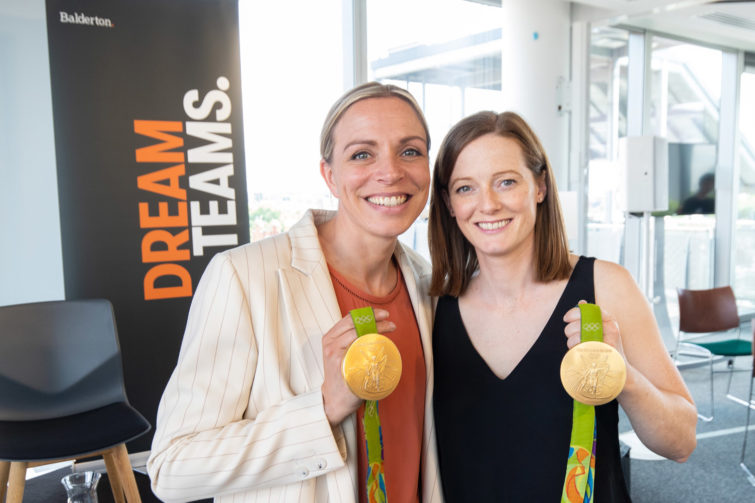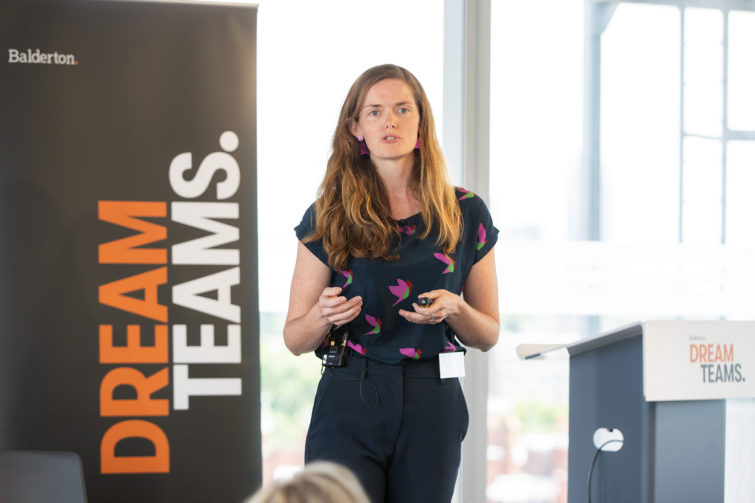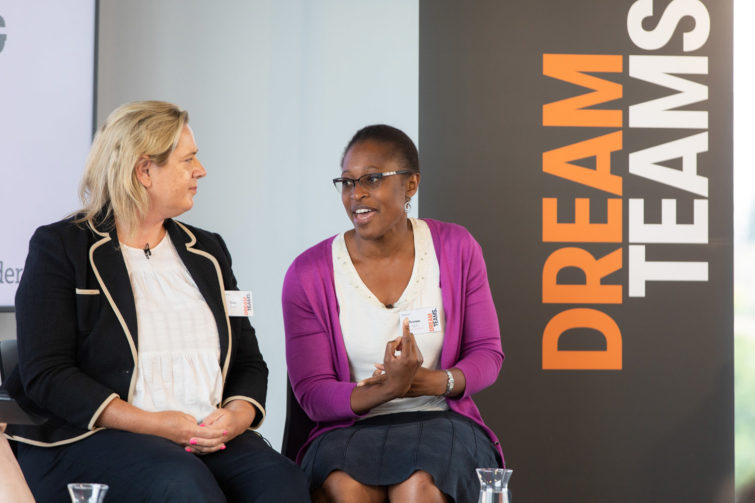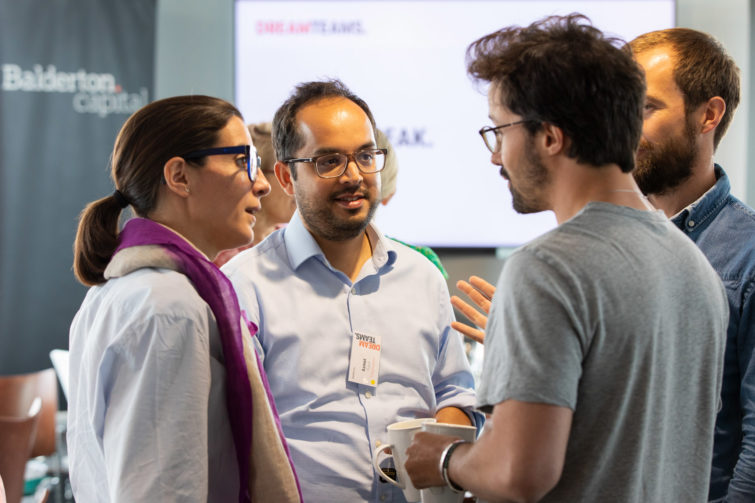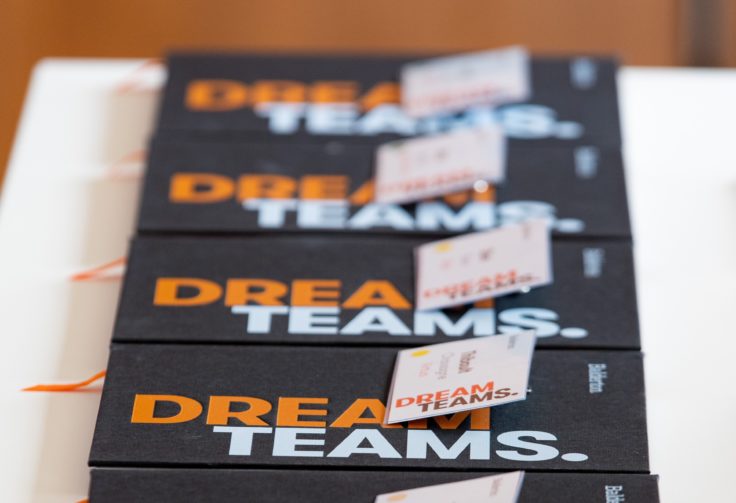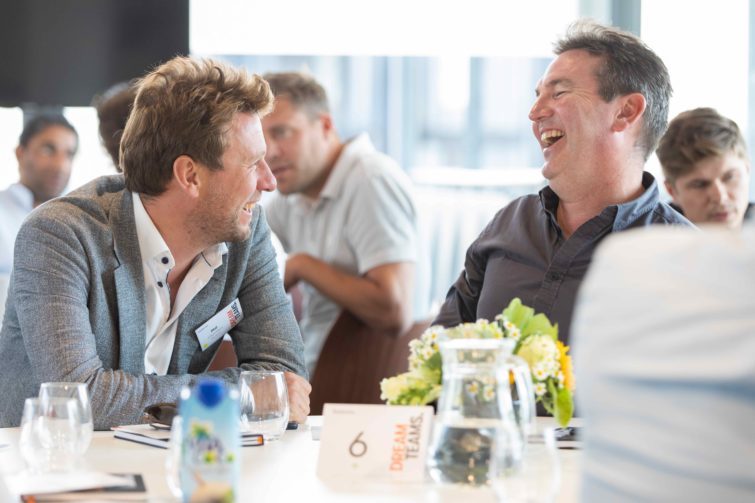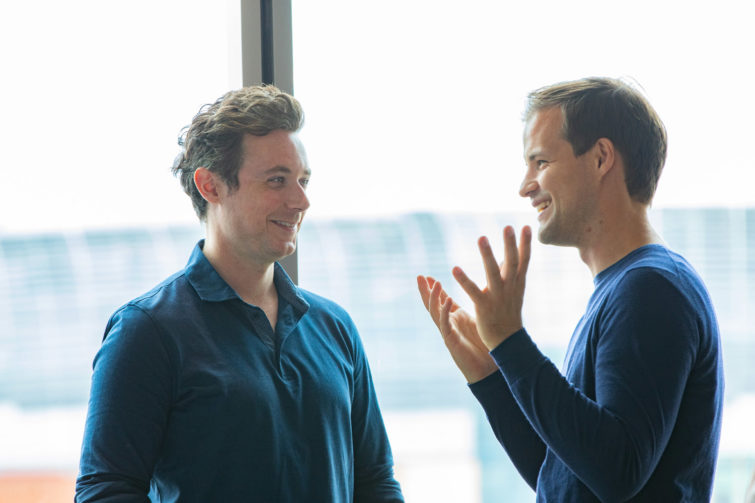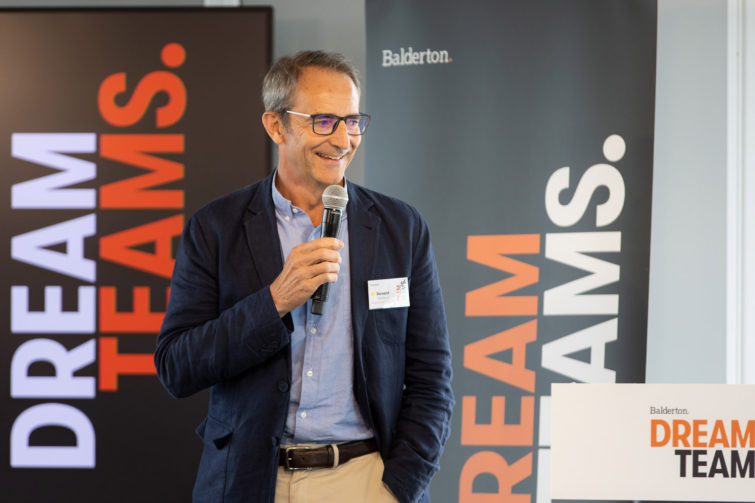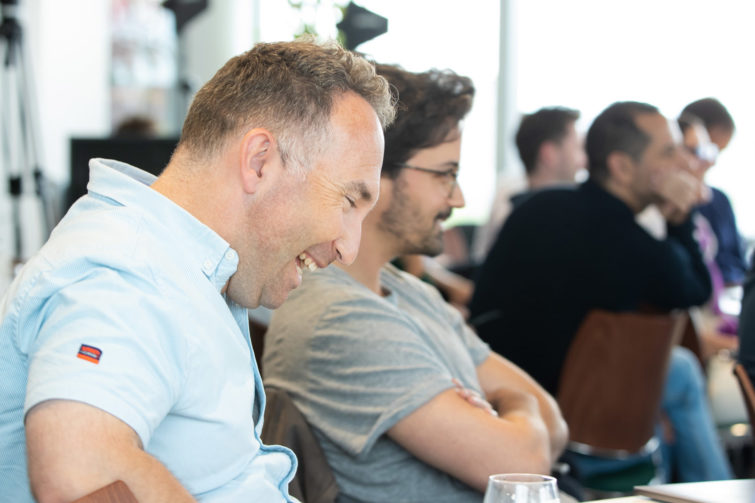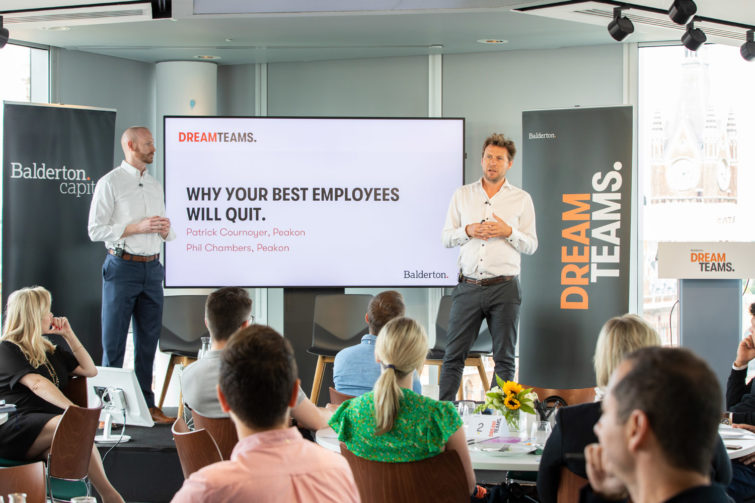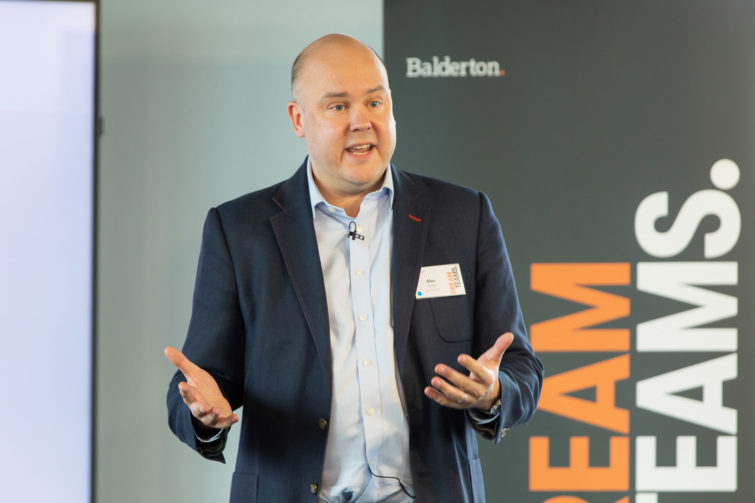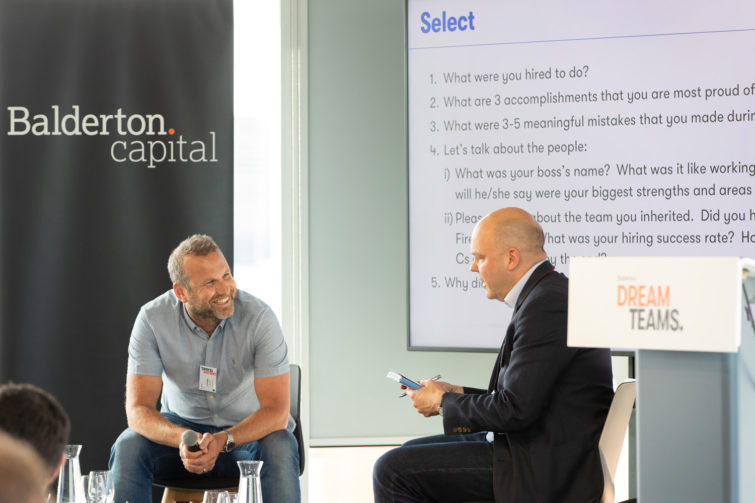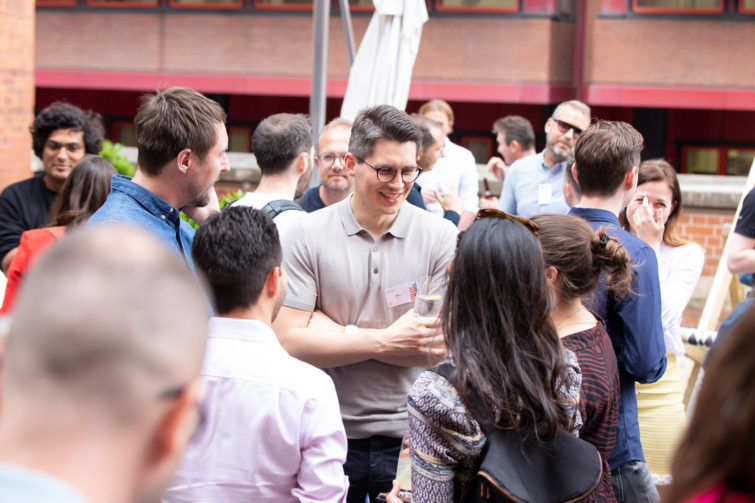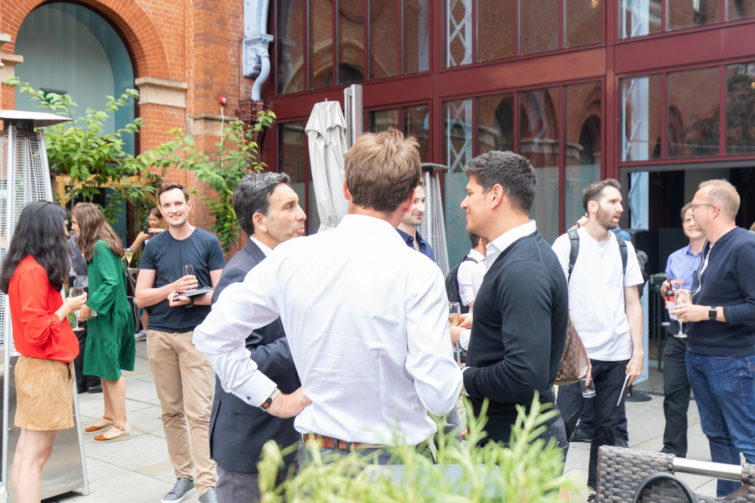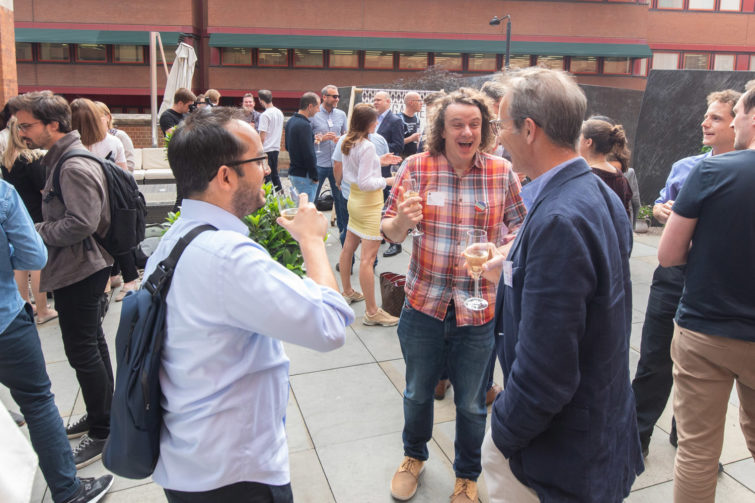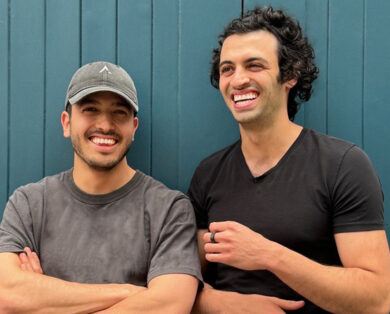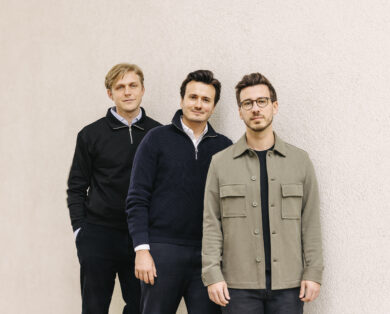- Portfolio News
- 15 July, 2024
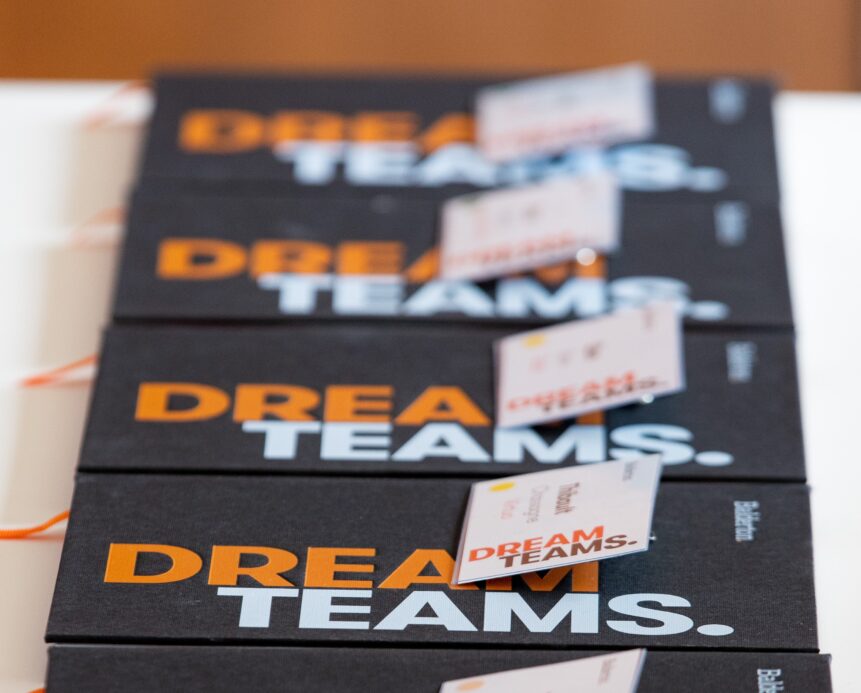
DreamTeams – Balderton’s 2019 People Summit

In summer 2019, we brought together founders and CEOs from across Europe for our first summit focused exclusively on people leadership, DreamTeams.
The aim was to create a forum for an open and frank discussion about the tough challenges and hard-earned lessons in leading teams.We believe people performance is at the core of any company’s success, so it’s critical founders think carefully about the teams they build today. Those teams will help to shape the future of the European tech ecosystem.With discussions ranging from hiring, onboarding and employee engagement, to diversity and inclusion, and culture, there were too many valuable lessons for one post. However, as I reflected on the day, a few points stood out:
1) Building a dream team starts with carving out the time to think
Whether it is hiring a new exec or scaling your culture, it all starts with making the time to think through the key questions. So often, urgent concerns rob founders of the headspace and time to reflect on what is needed to build a high performing team.It’s important to make time early on. As the company grows and becomes more complex, it becomes harder and harder to address the challenges arising from organisational neglect.
You have to be really mindful as you grow. It only takes a handful of bad hires that aren’t in keeping with your culture to dilute it and cause really big issues inside your workforce.
You have to be really mindful as you grow. It only takes a handful of bad hires that aren’t in keeping with your culture to dilute it and cause really big issues inside your workforce.
Ciara Smyth, Strategic Advisor to CEOs, boards and senior teams
2) Behaviours define your culture, not the other way around
Whenever we enter a new environment, we look to others to determine the norms and accepted behaviours in the group. These clues can be explicit (e.g. posted signs at a pool) or implicit (e.g. lowering your voice when entering a place of prayer). If the implicit and explicit norms are conflicting, we tend to watch others and adapt accordingly (e.g. going the speed of traffic on the highway). The same thing happens in companies. If the values posted on the wall are at odds with the behaviours of the leadership and the team, the latter will shape the culture. And if you bring in new hires whose values are not aligned with yours, you will soon find your behaviours shifting in unexpected ways.
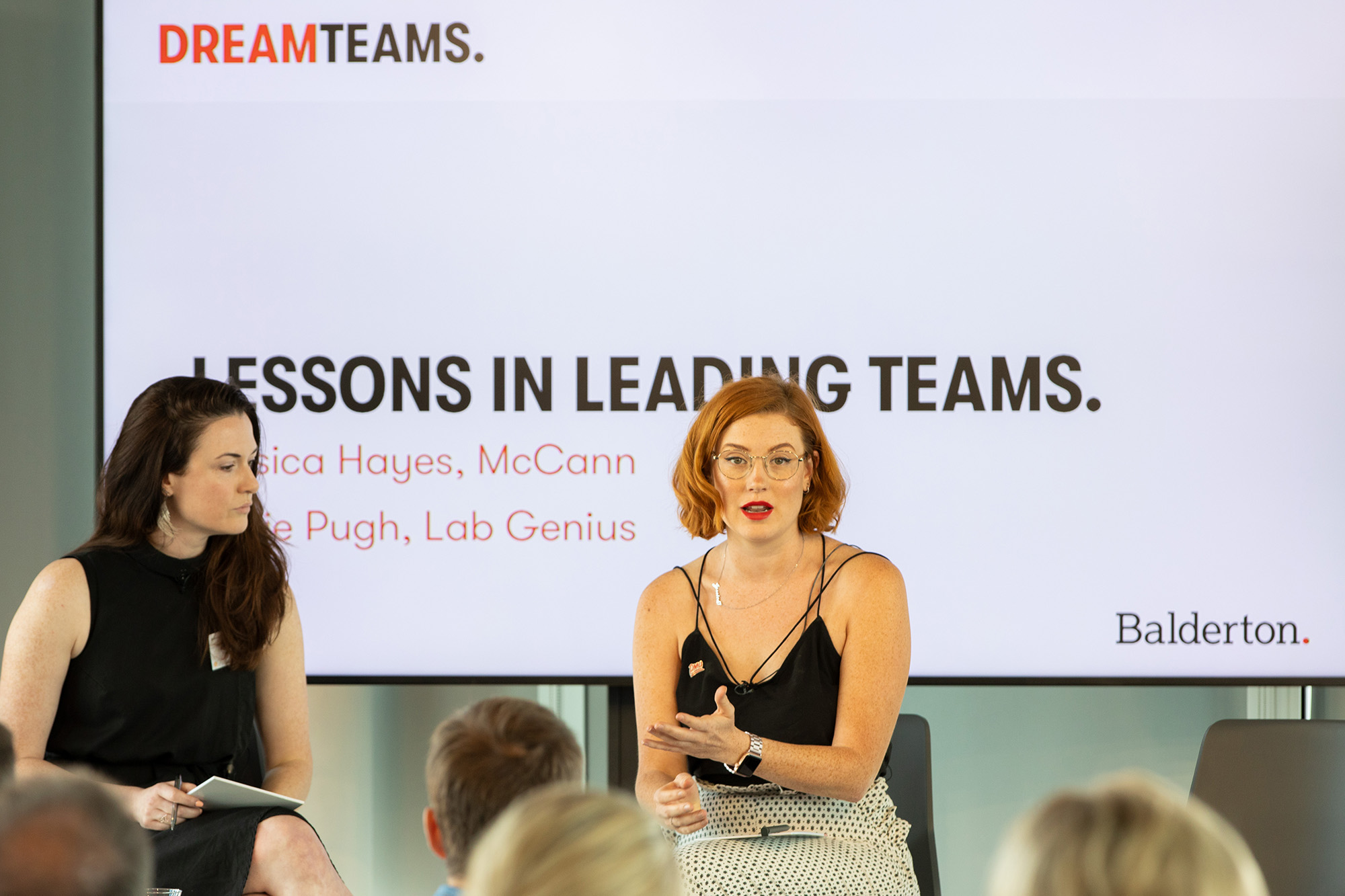
Abbie Pugh, Head of People, LabGenius and Jessica Hayes, Group Head of Talent, McCann
Good culture is like a good diet. Something you may not get around to until something happens and you’re forced to address it. You need to think about how much time you are proactively carving out for the non-urgent things. By the time it’s urgent, you’re going to spend twice the amount of time unpicking it.”
Good culture is like a good diet. Something you may not get around to until something happens and you’re forced to address it. You need to think about how much time you are proactively carving out for the non-urgent things. By the time it’s urgent, you’re going to spend twice the amount of time unpicking it.”
Jessica Hayes, Group Head of Talent, McCann
3) Diversity without inclusion achieves little
There is now extensive evidence published about the importance and benefits of diversity in teams. However, you won’t see the positive impact of diversity unless you ensure you’re giving a wide range of people a platform to be heard and contribute to the direction of the business. In addition, the discussion is often narrowly focused on one dimension, gender. The ironic lack of diversity in the discussion around diversity results from the same unconscious biases we are hoping to overcome.Being more inclusive of the many facets of diversity, whether it’s age, religion, ethnicity, or any other, opens up a world of possibilities, opinions, and ideas we can include in our companies.
Through inclusion of diversity, having the spread of experiences around the table, is where you get the creativity and disruptive thinking you need for change.
Through inclusion of diversity, having the spread of experiences around the table, is where you get the creativity and disruptive thinking you need for change.
Julia Randell-Khan, Co-founder & CEO, Encore Fellows UK
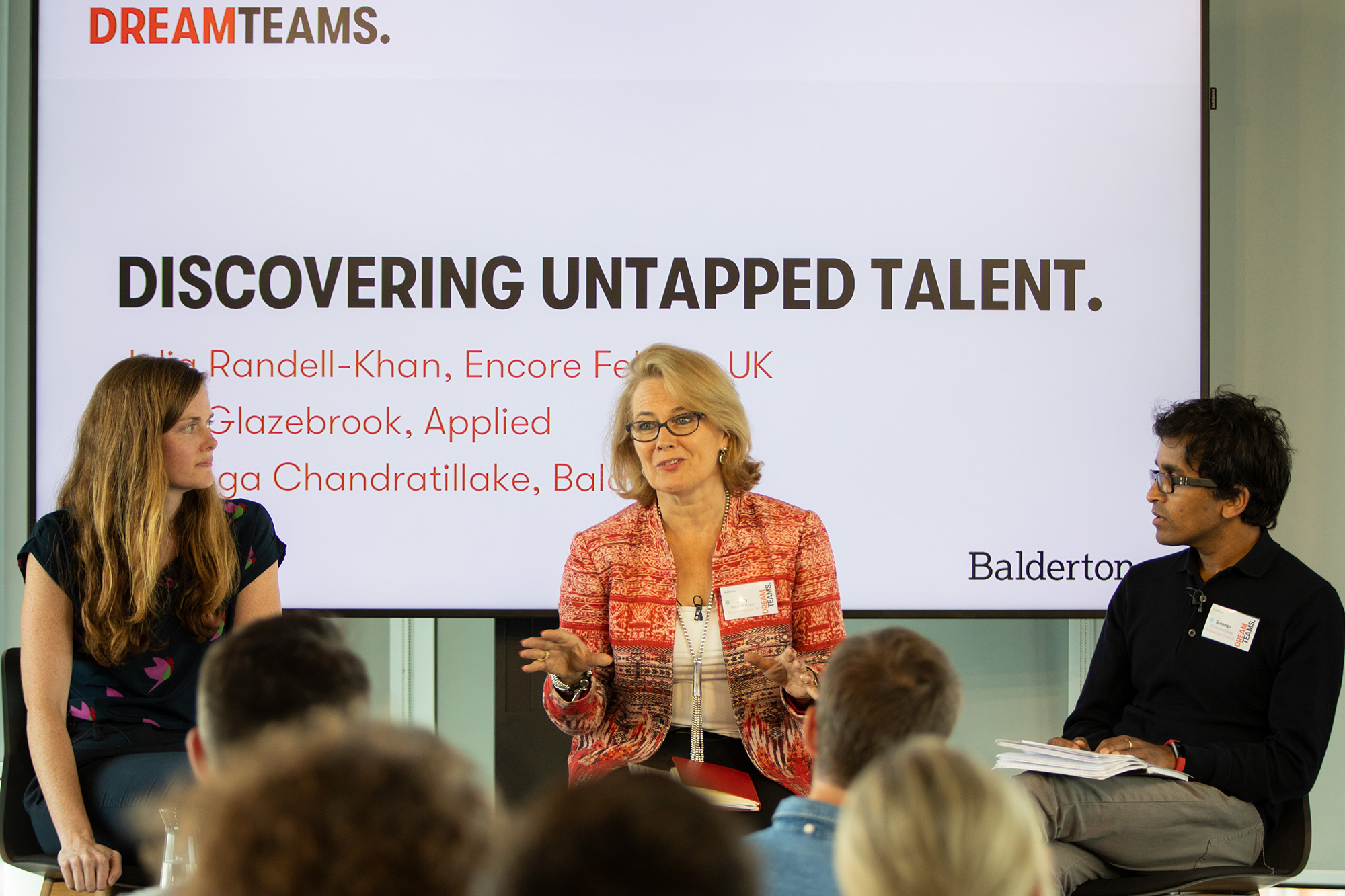
Kate Glazebrook, Co-founder & CEO, Applied, with Julia Randell-Khan, Co-founder & CEO, Encore Fellows UK, and Balderton Partner Suranga Chandratillake
4) A good hiring process will save you a lot of time and money
To avoid the many pitfalls and biases of hiring, you need to be consistent, deliberate, and thorough in your evaluation and onboarding process. A detailed role description, an assessment rubric and the right interview questions can save you hundreds of hours and hundreds of thousands in cash wasted on a bad hire. Plus, you will avoid the emotional toll of firing someone and the impact that will have on morale.
Investing time, thought, and resources into implementing a good hiring process upfront will pay massive dividends in the long run. Alan Foster, partner at ghSmart, demonstrated how adopting the techniques captured in their book Who can boost your hiring success rate from 50% to 90%.
5) HR can be and needs to be a true business partner
The themes of HR Aversion and our research on the people function were reaffirmed as we talked about the transformative impact a great HR leader can have within an organisation.However, this impact can only happen in an organisation where the CEO understands and encourages the right people practices and empowers her team do implement them.
You shouldn’t be doing HR for HR’s sake. I’m not interested in HR as a discipline, I’m interested in business objectives, and making a business successful. You have to focus on commercial and strategic outcomes and work backwards from that.
You shouldn’t be doing HR for HR’s sake. I’m not interested in HR as a discipline, I’m interested in business objectives, and making a business successful. You have to focus on commercial and strategic outcomes and work backwards from that.
Yvonne Agyei, Chief People Officer, GoCardless
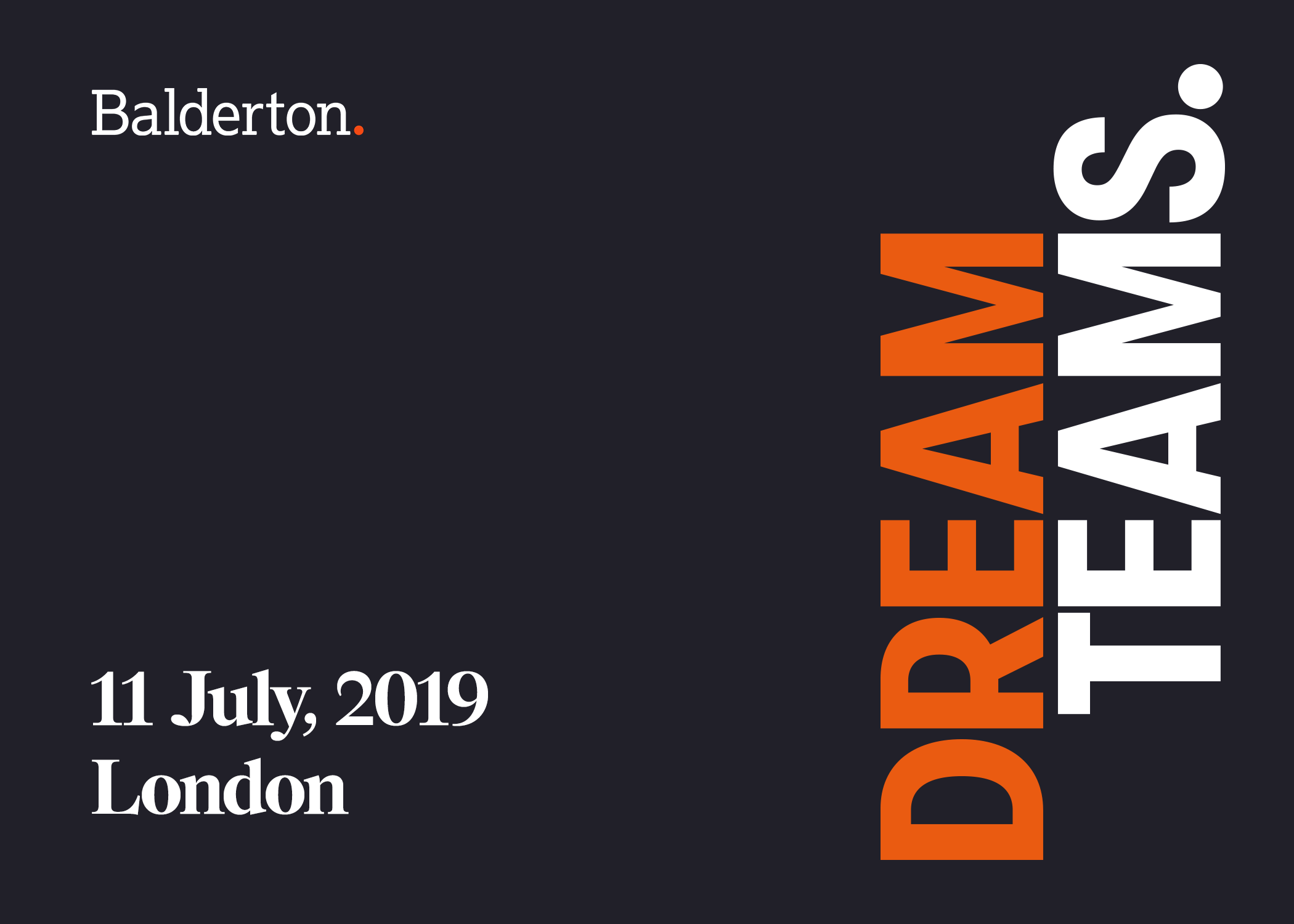
Watch a few of the day’s highlights here.
One thing we witness each time we bring together our founders is a true sense of community. The willingness to make time to show up, be present, and open up about the difficulties of building a company is truly special and we are incredibly grateful to everyone who chose to take a day out.I’d also like to say thanks to all of our wonderful speakers for sharing your insights. We’ll be uploading the sessions for our portfolio companies – so watch this space for more content from the day!
